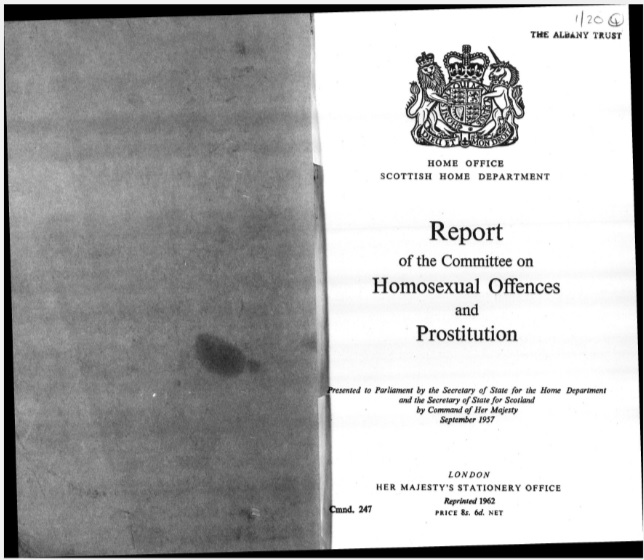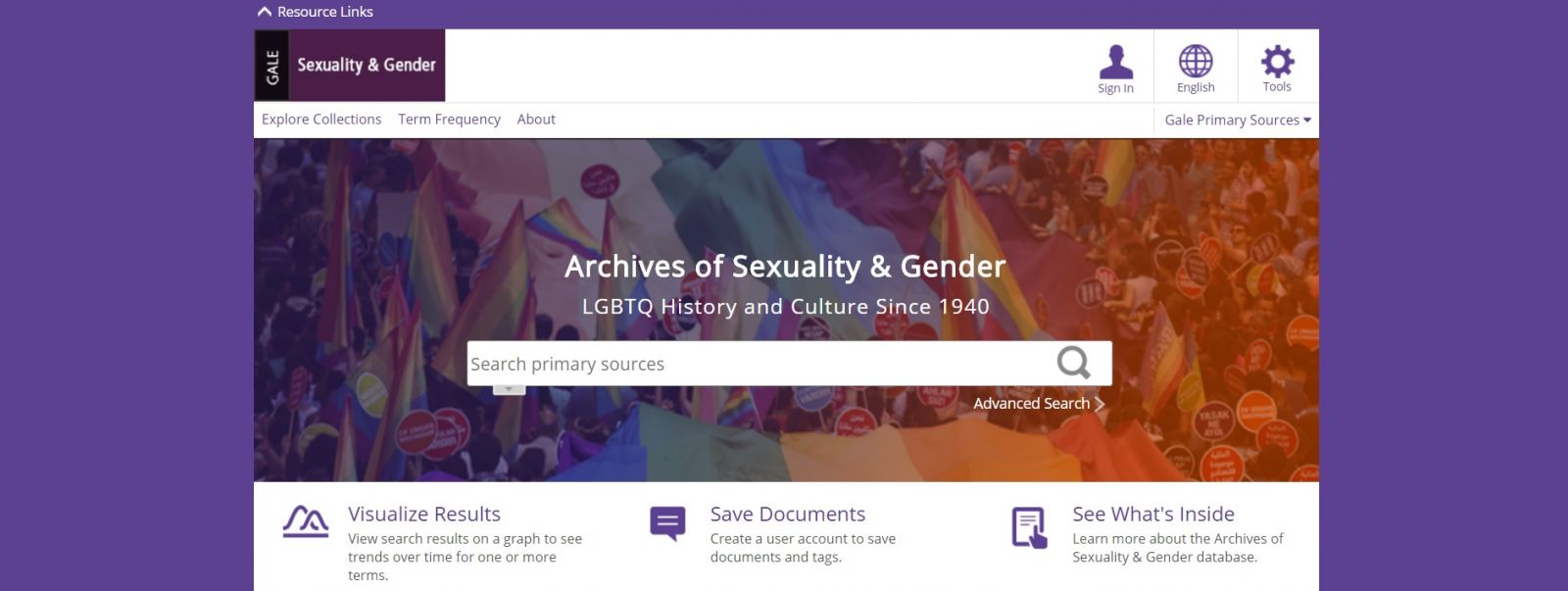 Today, 27 July 2018, marks 51 years since the partial
decriminalisation of homosexuality through The Sexual Offences Act 1967. The partial decriminalisation in 1967 was influenced by the conclusions of the Report of the Committee on Homosexual Offences and Prostitution,
published 10 years earlier in 1957. More readily known as the Wolfenden Report, it concluded that ‘homosexual behaviour between
consenting adults in private should no longer be considered a criminal offence’.
Today, 27 July 2018, marks 51 years since the partial
decriminalisation of homosexuality through The Sexual Offences Act 1967. The partial decriminalisation in 1967 was influenced by the conclusions of the Report of the Committee on Homosexual Offences and Prostitution,
published 10 years earlier in 1957. More readily known as the Wolfenden Report, it concluded that ‘homosexual behaviour between
consenting adults in private should no longer be considered a criminal offence’.
The intervening decade saw resistance to change, while groups emerged to bring about reform, including the Homosexual Law Reform Society and the Albany Trust. Hostility increased against the LGBTQ community in the 1980s in response to the HIV/AIDS crisis, and the introduction of Section 28 in the Local Government Act 1988, restricting the positive promotion and acceptance of homosexuality in schools. Partial decriminalization provided some protection for people in their private lives, but convictions for public indecency and breach of the peace continued through into the 1990s.
From the Homophile groups and movements in the 1940s and 1950s, through to decriminalisation in the UK, access to the new e-resource Archives of Sexuality & Gender: LGBTQ History and Culture, allows Senate House Library members to explore LGBT history through one easily accessible e-resource.
Follow the emergence of radical political activism from the 1960s, the Stonewall Inn Riots and the global development of the Pride marches, as well as health and the HIV/AIDS crisis. There is a wealth of primary source material, digitised from the archives of organisations and library collections and includes gay and lesbian newspapers from more than 35 countries, reports, policy statements, and other documents related to gay rights and health, including the worldwide impact of AIDS, materials tracing LGBTQ activism in Britain from 1950 through 1980, and more.
The collection also charts the lead up to full decriminalisation in England and Wales which wasn’t realised until the Sexual Offences Act 2003, and even later in Scotland and Northern Ireland.
Contents of Archives of Sexuality & Gender: LGBTQ History and Culture:
- Meeting, committee, and conference minutes, notes, and transcripts from LGBTQ rights organizations worldwide
- Administrative records of LGBTQ rights groups, such as bylaws and membership lists
- Materials produced by these groups slated for the public: press releases, articles, fliers, handbills, brochures, presentations
- Complete contents of International newspapers, newsletters, and magazines
- Press clippings about gay and lesbian issues
- Internal US government memoranda
- Studies and reports by government agencies and nongovernmental organizations
- International reports, policy statements, and documents related to LGBTQ health and rights
- Medical research records and reports
- Private correspondence
- Surveys, election questionnaires, records of site visits
- Government briefing books
- Photographs
Related online resources:
· Who was Sir John Wolfenden? View the entry in Oxford Dictionary of National Biography
· What did the ‘Wolfenden Report’ suggest in 1957? Read the full report in Archives of Sexuality & Gender
· How did the Homosexual Law Reform Society respond? See, for example, their evidence to the Home Office Departmental Committee on Criminal Statistics in Archives of Sexuality & Gender
· How did U.K. legislation change over time? Explore debates, bills, papers and reports at U.K Parliamentary Papers
This archive is a great new addition to our e-resources and is essential for scholars and researchers focused on gender and LGBTQ studies, women's studies, American studies, civil and human rights, journalism, social movement history, British twentieth-century history, and more.


 Scott Miles
Scott Miles